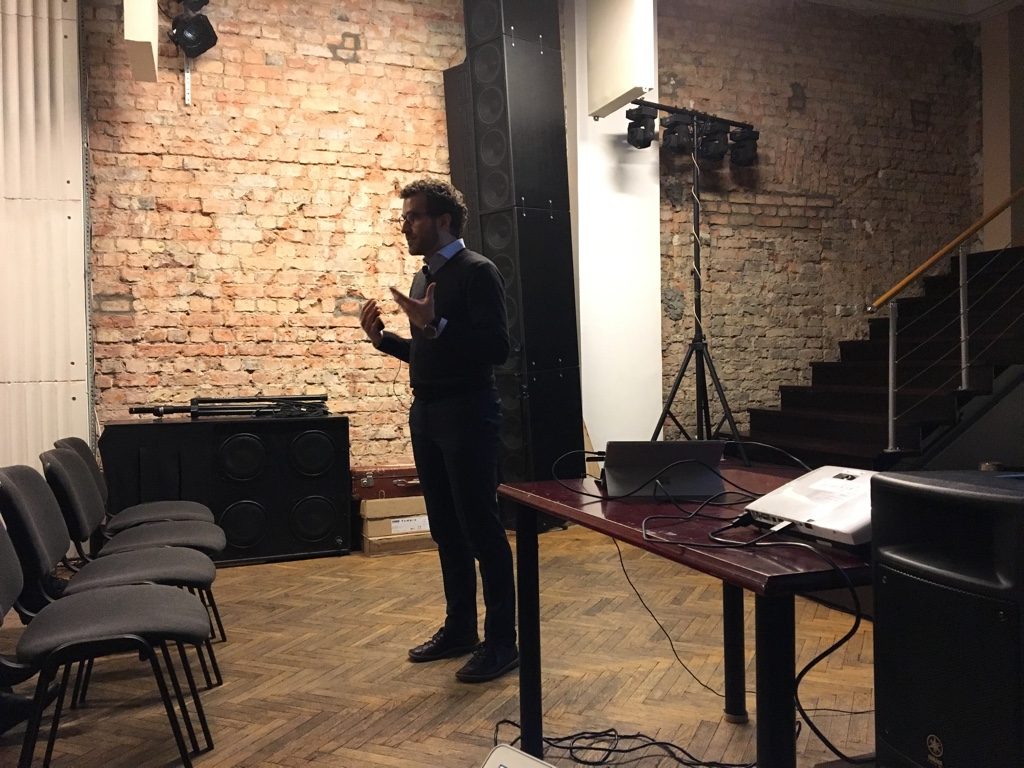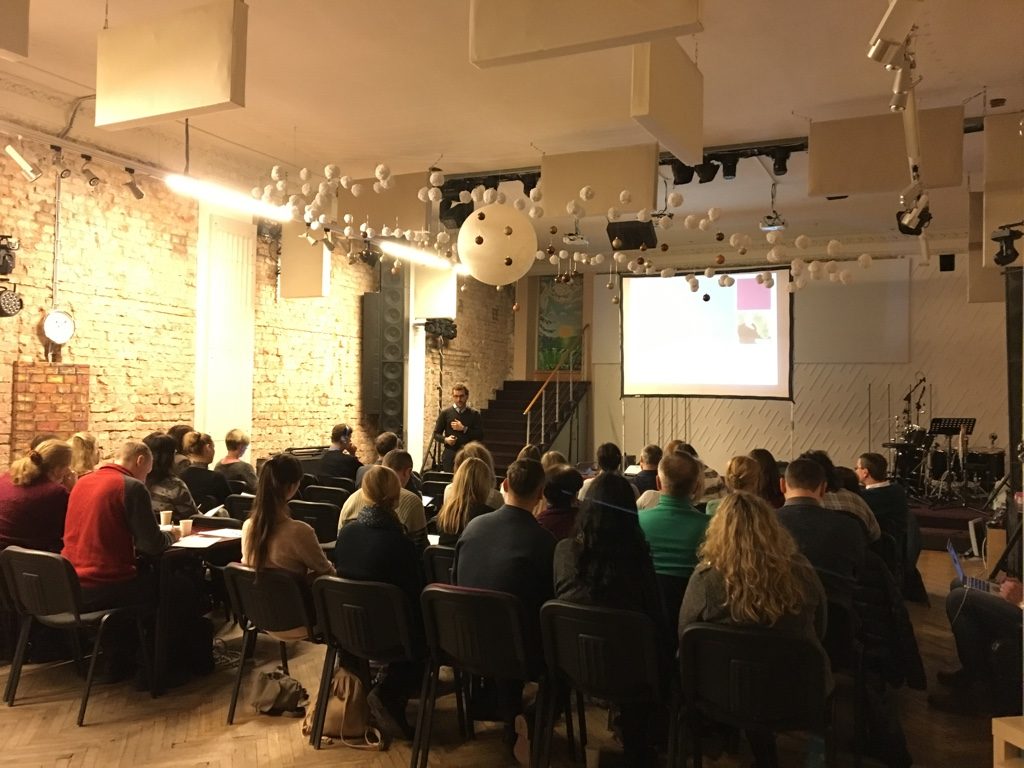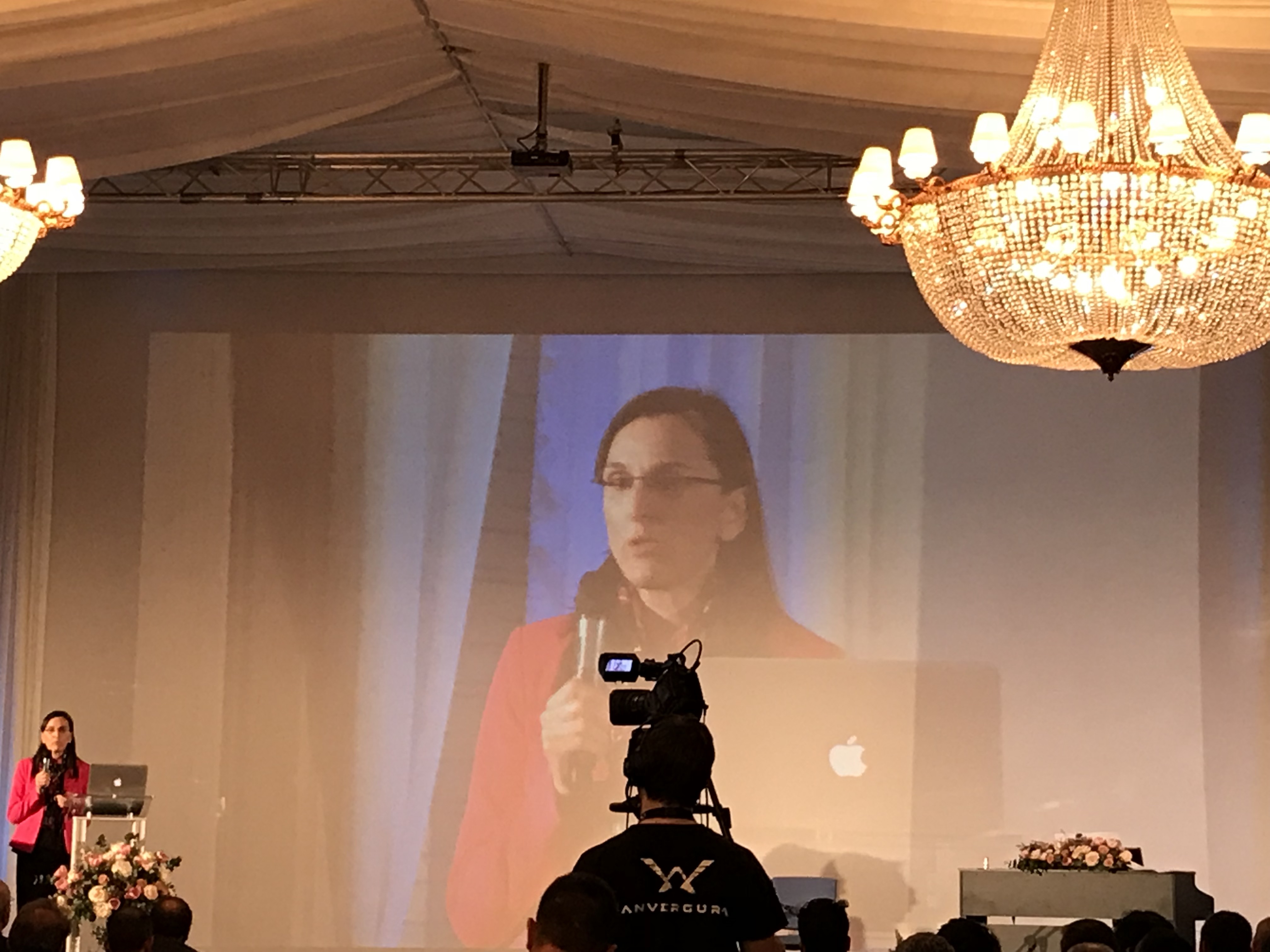Binding Up The Brokenhearted
The Lord builds up Jerusalem;
He gathers together the outcasts of Israel.
He heals the brokenhearted
And binds up their wounds. Psalm 147:2.3
Christ is a Healer. He was a Healer for Israelites, who in exile were afflicted with grief and troubles, longing for their homeland, crushed with sorrow and shame, and He is a great Healer today, renewing our spirit and giving us hope. He invites His followers to participate in this healing work helping those around them.
Pastors and lay leaders in church have answered Christ’s calling. They work for people and with people, allowing God to use them to bless others. Although God will use people, who are willing to be used, “educated workers who are consecrated to God can do service in a greater variety of ways and can accomplish more extensive work than those who are uneducated,” says E. White (MH p. 150). Therefore, The Baltic Union has tried to provide best learning opportunities for pastors as well as for lay members of the church.
 |
 |
On 14th January, the departmental leaders of all three conferences of the Baltic Union had gathered to Riga to start a new course Binding up the brokenhearted. The course is meant to give the participants knowledge about mental health; what it is, how to be mentally resilient, how to understand challenging people, and help them, and much more.
The course was opened by the BAUC president David Nõmmik, who reflected on Isaiah 46:4 that was the verse for the day in Ten Days of Prayer. He talked about the book of Isaiah and about God, who is presented as a Deliverer and a Saviour in the second half of the book. At the end of the devotional, the participants were asked to pray in small groups, which served as a beautiful beginning for the course.
The Health Ministries leader of the TED Dr Torben Bergland, who by his education is psychiatrist and psychotherapist, talked about three topics on Sunday: mental health, attachment theory and understanding challenging people. He indicated that when people struggle psychologically, they often struggle also spiritually. However, we need to remember that mental health is not the same as spiritual health.
Dr. Bergland explained that what we learn about relationships at the beginning of our life influences the way we relate to other people, and it also influences how we see God, and how we relate and connect to Him. However, when people start learning about God and can develop positive relationship with Him, they can develop positive relationships also with other people. We are born in a relationship, we are wounded in relationships, and we can be healed in relationships. To develop trust, security, to bond with others, and experience that we can love and be loved – that is what healing is in a relationship. That is what we need to do in church, to educate people what love is and how God loves us. If our churches are places where people treat each other badly, it influences their relationship with God as well.
About challenging people, Dr. Bergland said, that we need to always ask ourselves a question, What is my contribution to these challenges and difficulties? Very few people are intentionally difficult. Very often they have battles to fight we do not know anything about. Therefore, it is wise to be kind and considerate. Dr. Bergland explained how to relate to difficult people; that we must always be respectful and not to try to change another person, since people only change from inside out. However, we also need to take care of ourselves, and protect ourselves and others if needed.
The participants enjoyed the presentations, opportunities to ask questions and, discussions. They appreciated the professionalism with which the topics were presented, and the overall opinion was that very important themes were touched at this first module of the course.
The course continues in September if God so allows.
